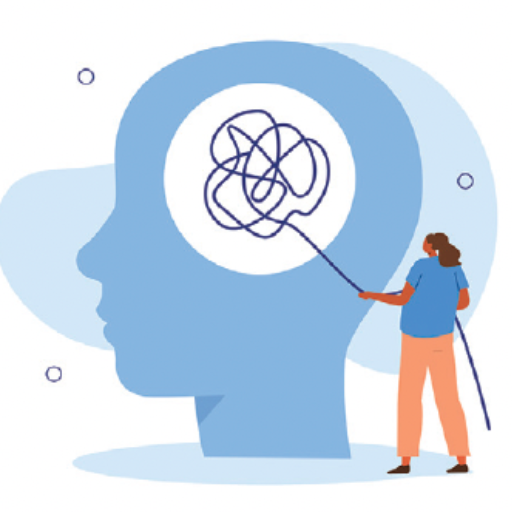When someone is struggling with addiction, their brain undergoes significant changes that affect judgment, decision-making, learning, and behavior. Science has come a long way in helping us understand the way the brain changes in addiction.
Three Key Points:
1. Addiction Changes How Our Brain Works
Imagine if someone caught a cold, and it changed how their lungs worked. That’s what addiction does to our brain. Pictures of our brains can show these changes. You might think of it like this: When our brain is healthy, it’s bright and colorful like a sunset. When it’s affected by addiction, it looks more like a rainy day. One important part of our brain, the frontal cortex, doesn’t work as well with addiction. This is the part that helps us make decisions.
2. Drugs Can Trick Our Brain
Our brain feels happy when we eat our favorite food or play a fun game. This happiness is a message sent by something called dopamine. But, some drugs make our brain send out way too much dopamine. At first, these drugs can make someone feel super happy. But over time, they don’t feel as good, and they want more and more of the drug to feel okay. As anyone who has struggled with substance use disorder knows, this can lead to big problems in their life.
3. Our Brain Can Heal, But It Needs Time
Good news! Our brain can get better after addiction. Imagine someone with a broken leg—it doesn’t heal right away, but with time and care, it gets better. Our brain is similar. Some studies say that when someone stops using harmful drugs, their brain begins to heal. But, more research is needed.
Emerging literature suggests that doing physical activity can help our brain recover faster. This could be a fun and healthy way to help the brain!
By understanding addiction as a neurological condition rather than a moral failing, we can approach those affected with compassion, support, and effective, evidence-based treatments.
Quick facts about addiction:
- It is preventable
- It is treatable
- It changes biology
- If untreated, it can last a lifetime
For more information on Your Brain and Addiction visit the Recovery Research Institute’s website at www.recoveryanswers.org.



